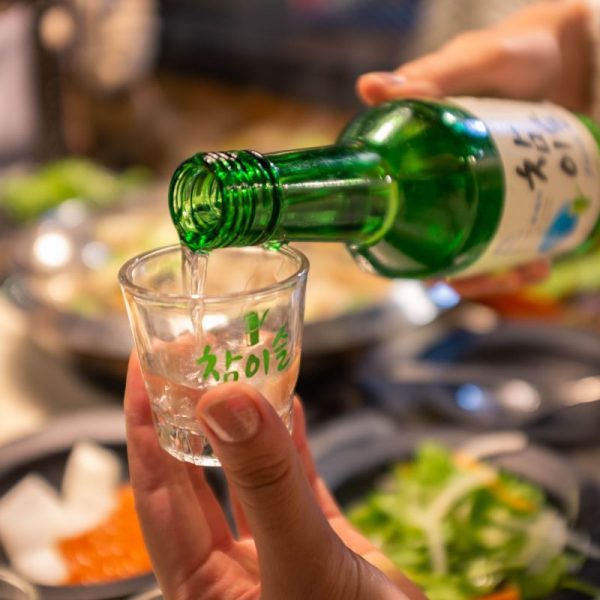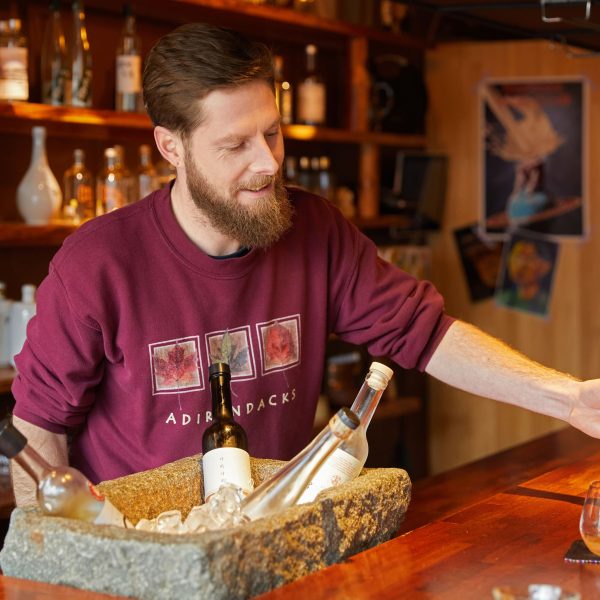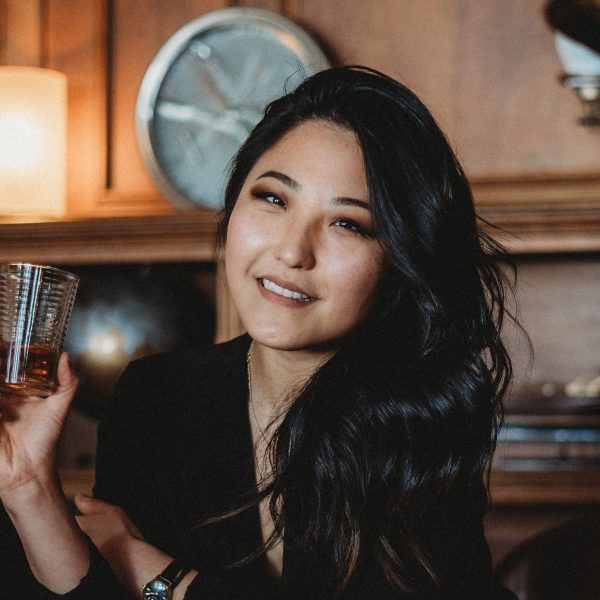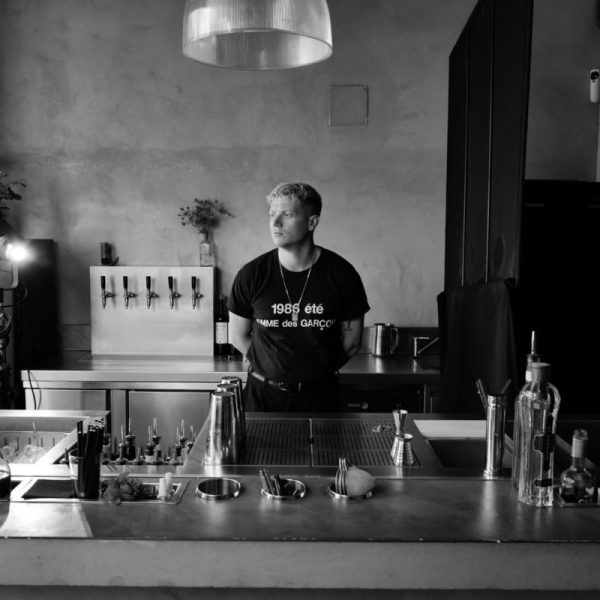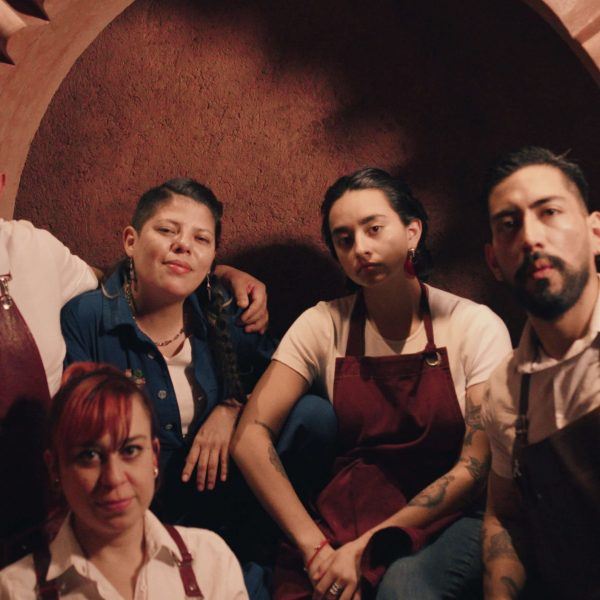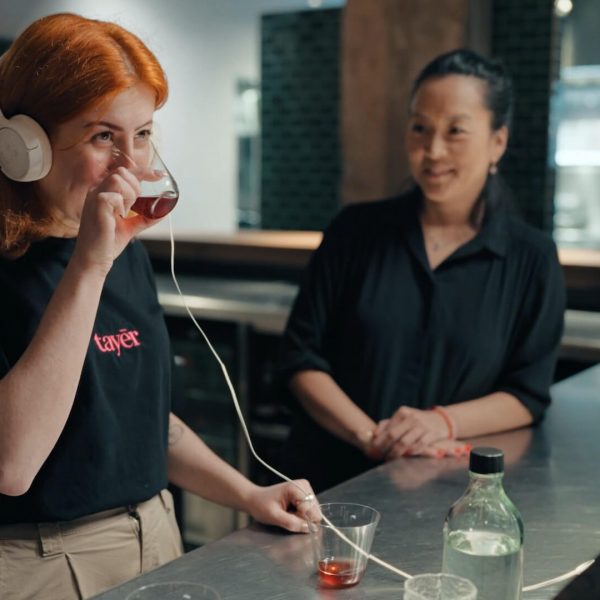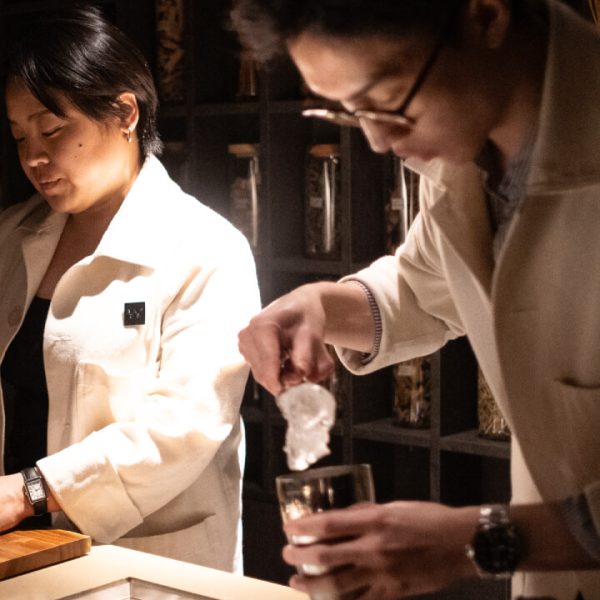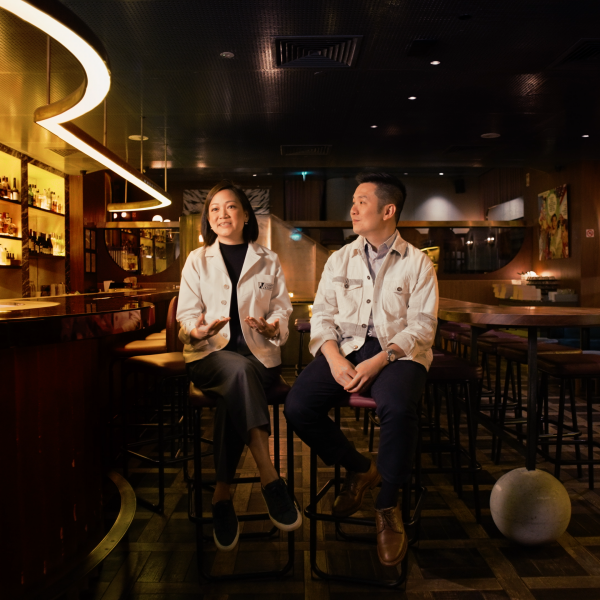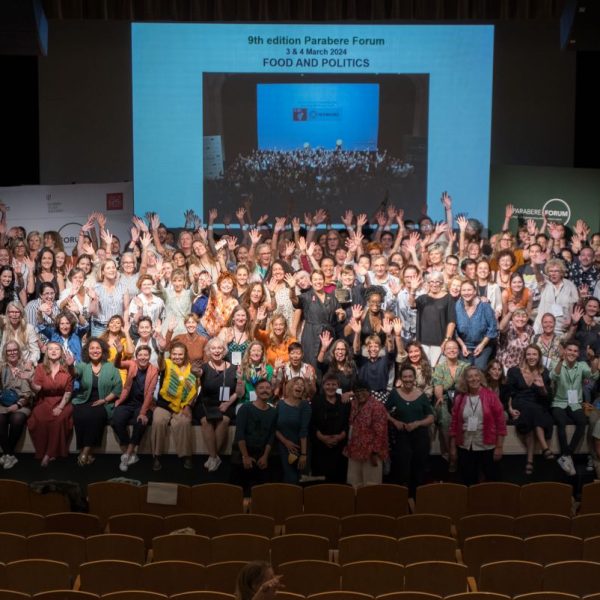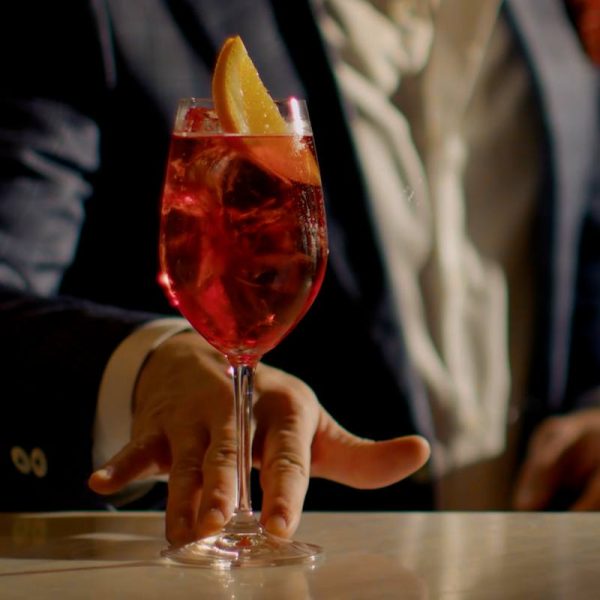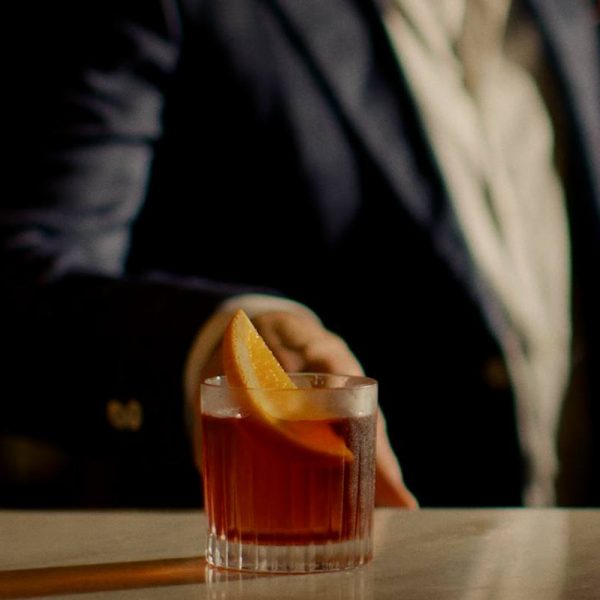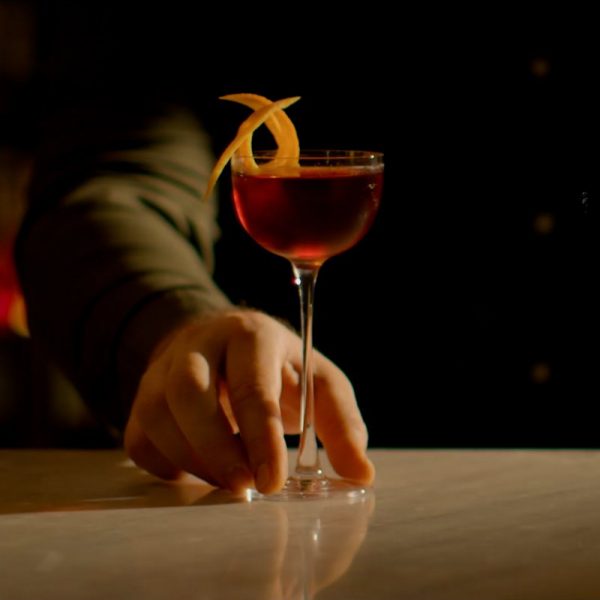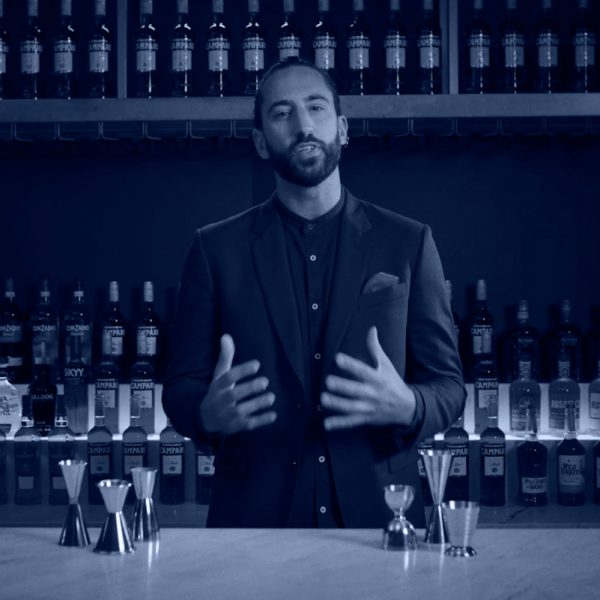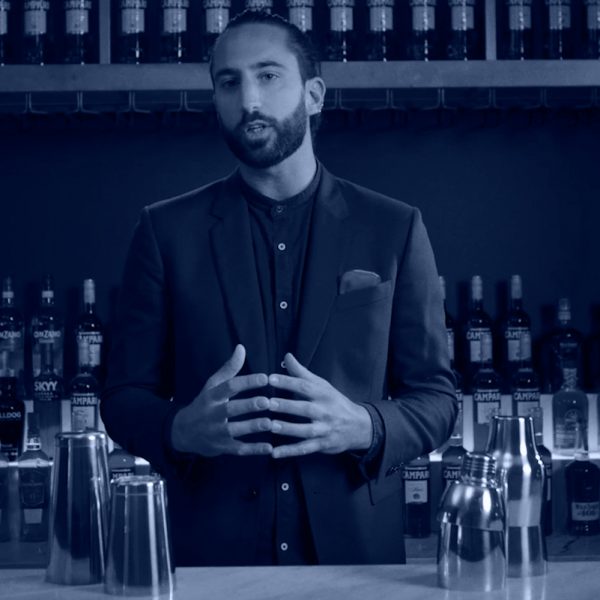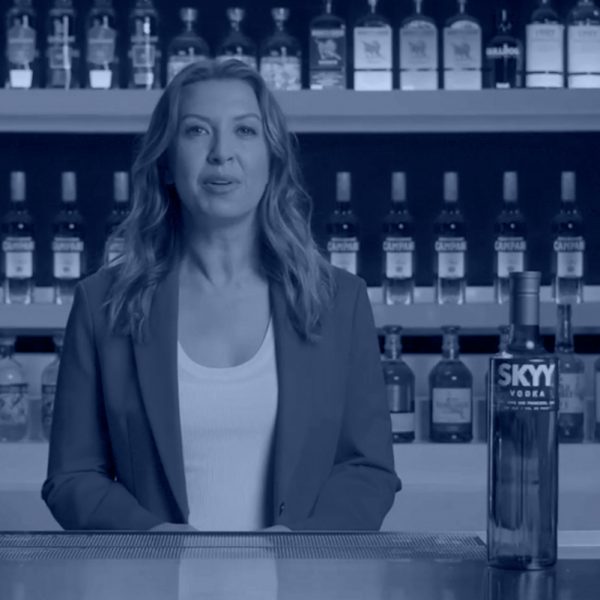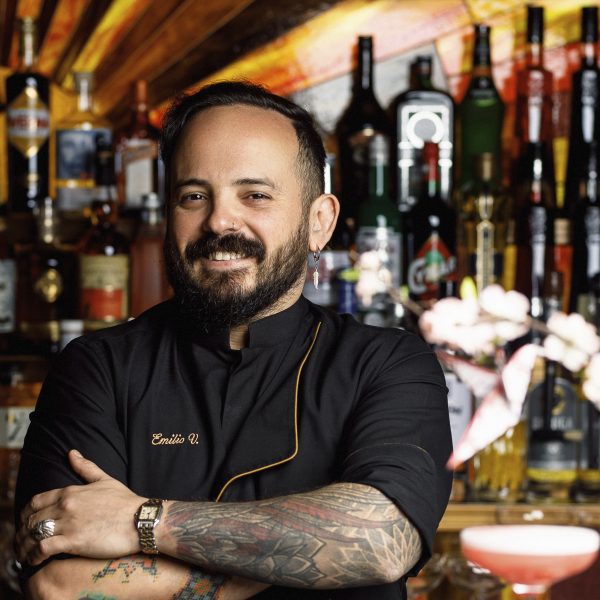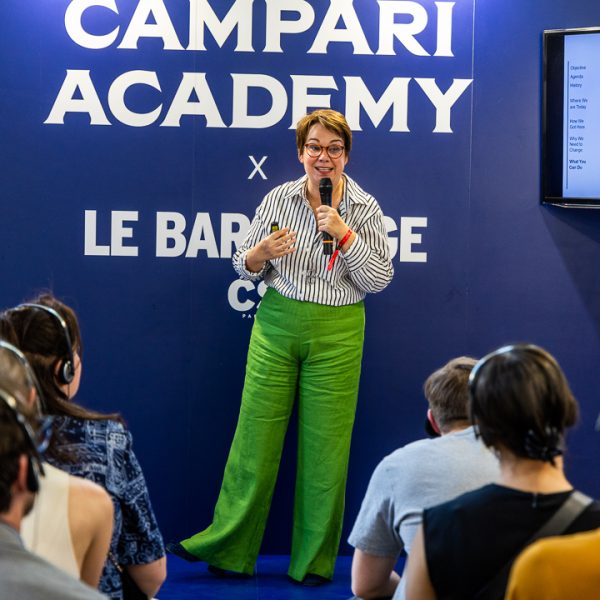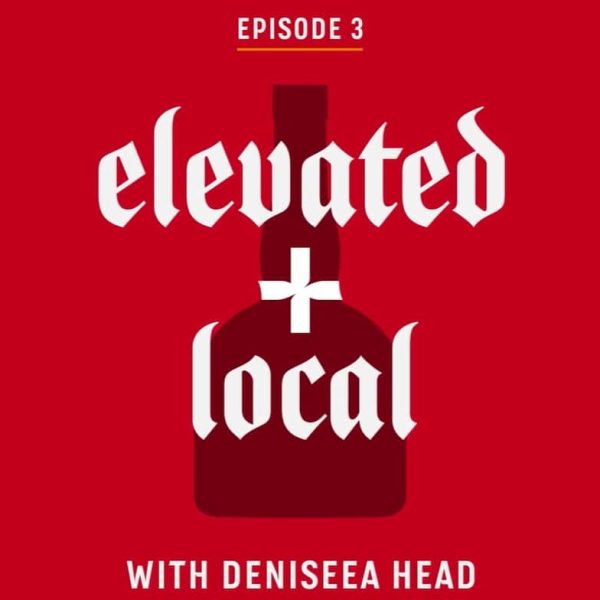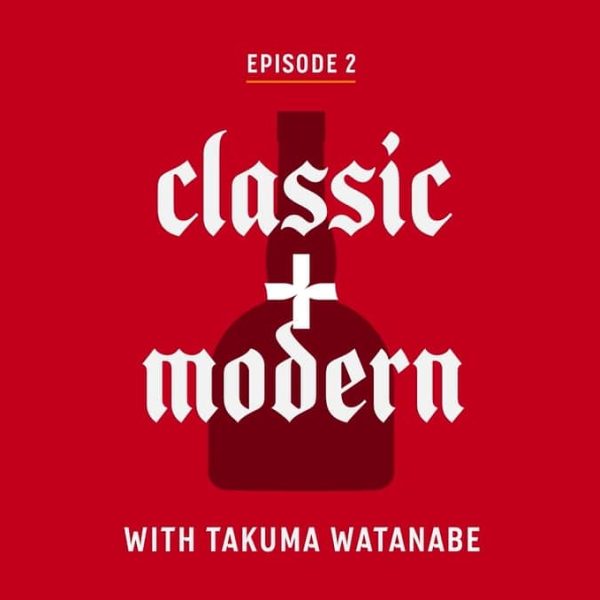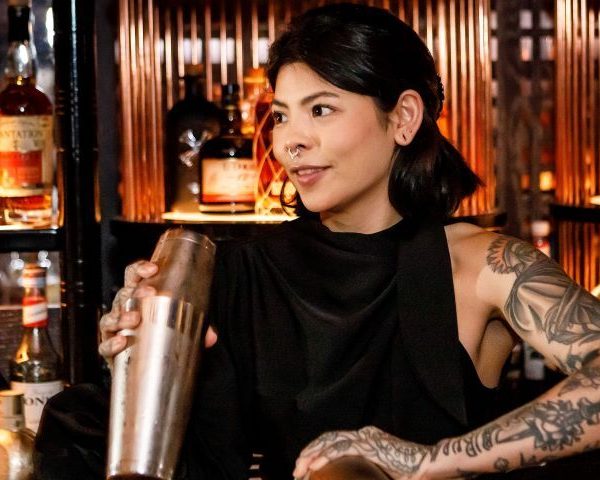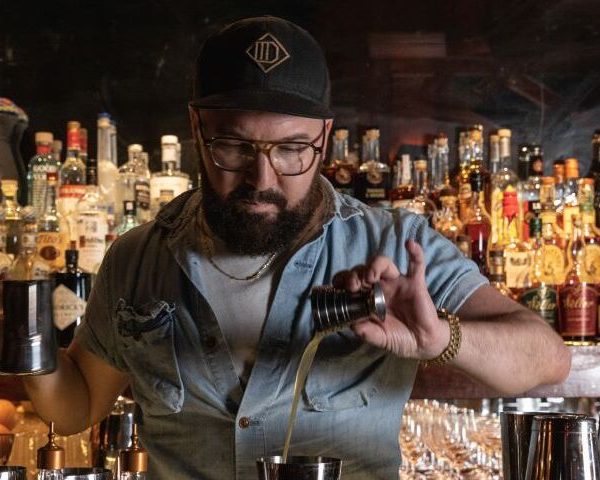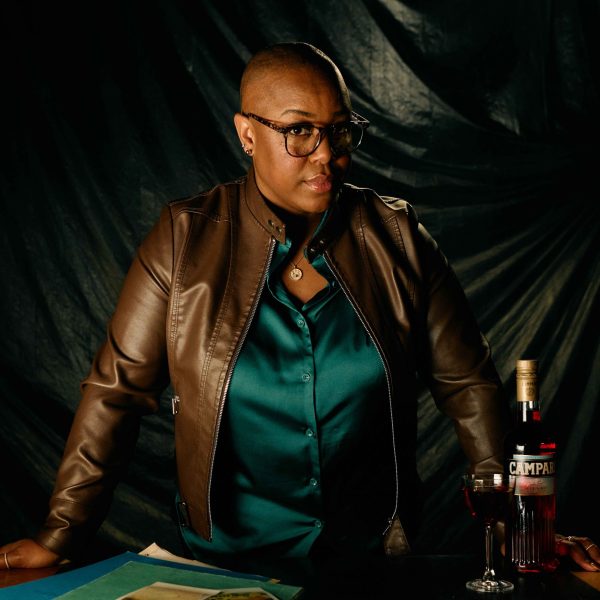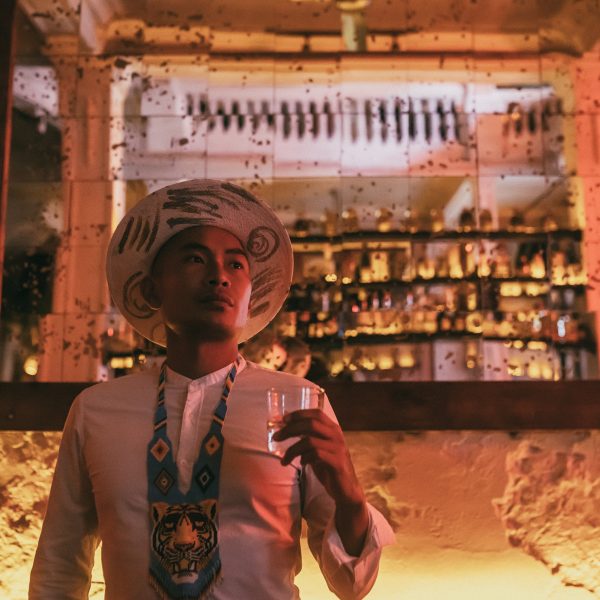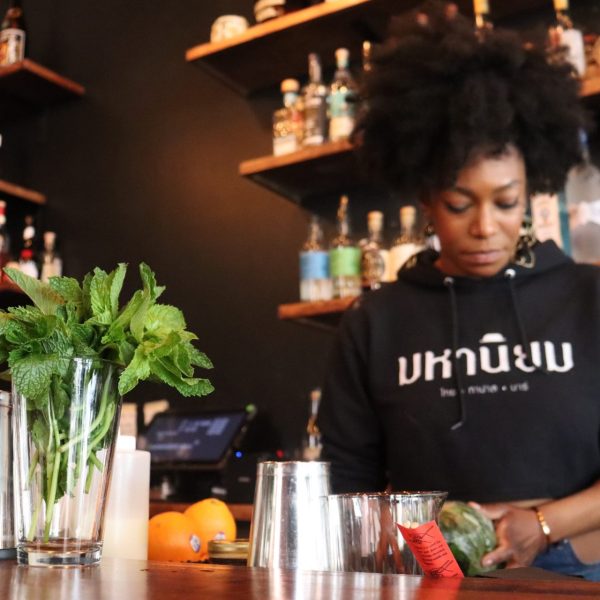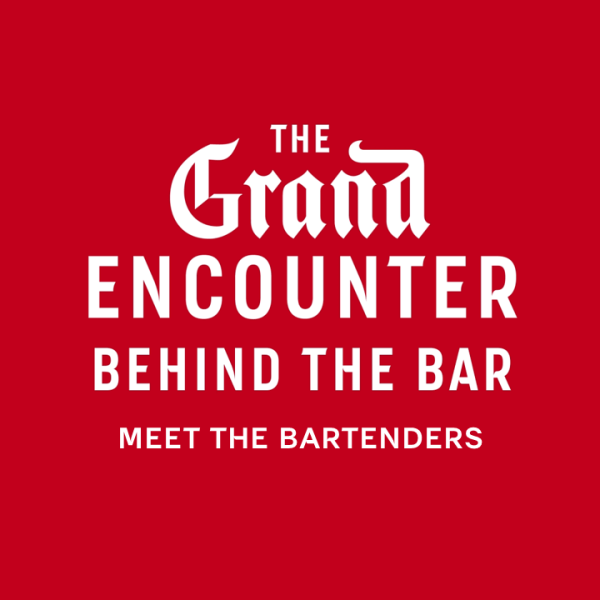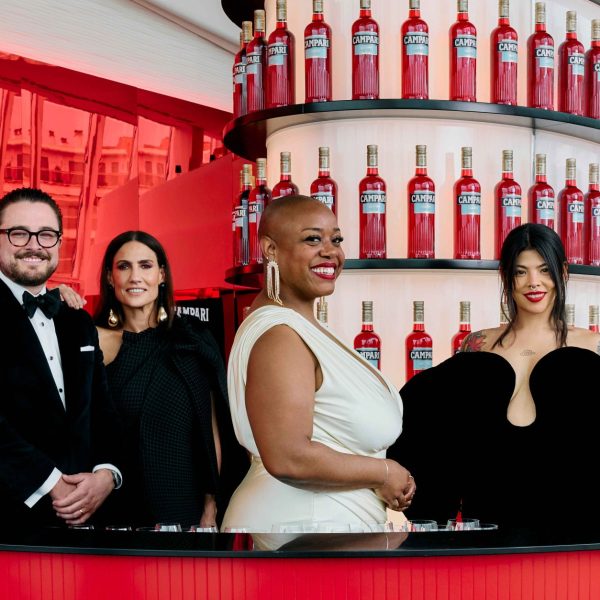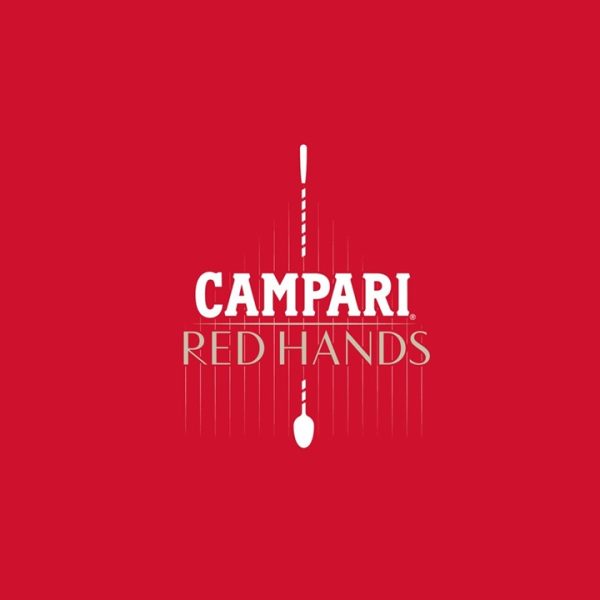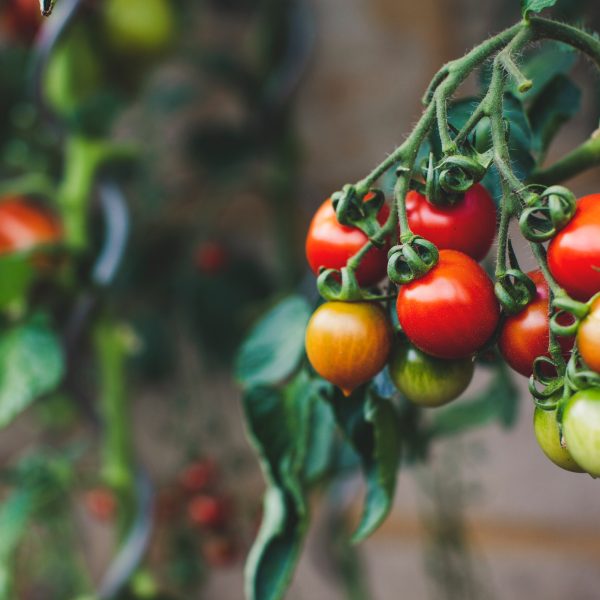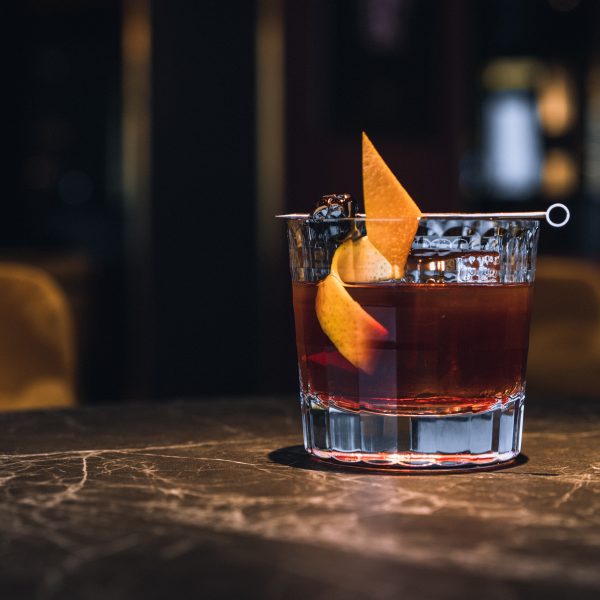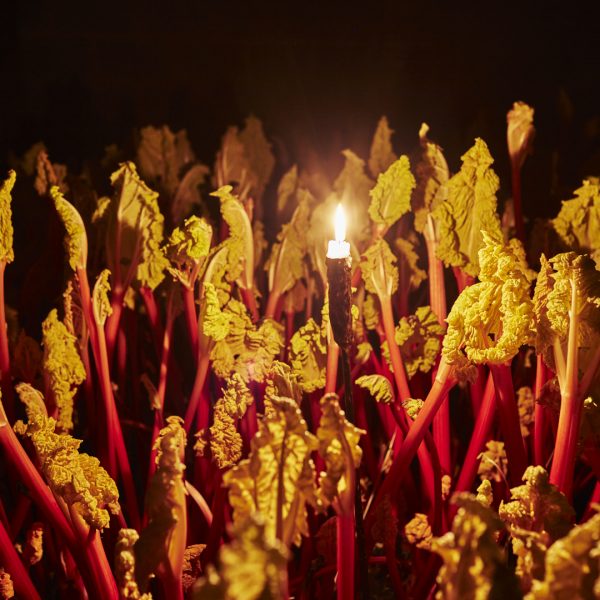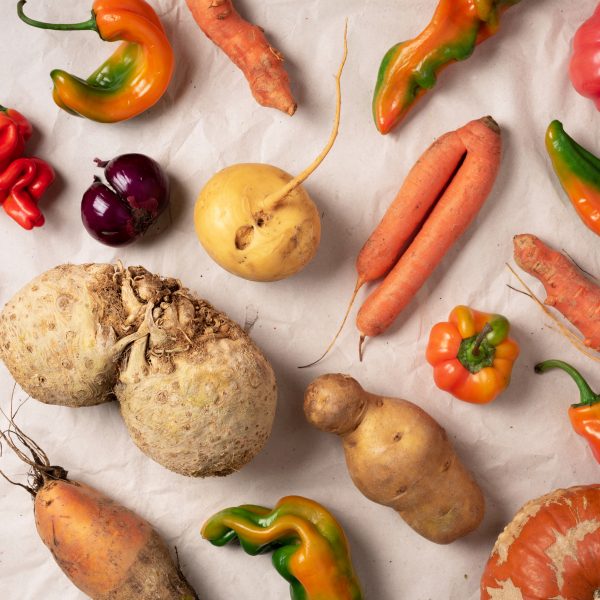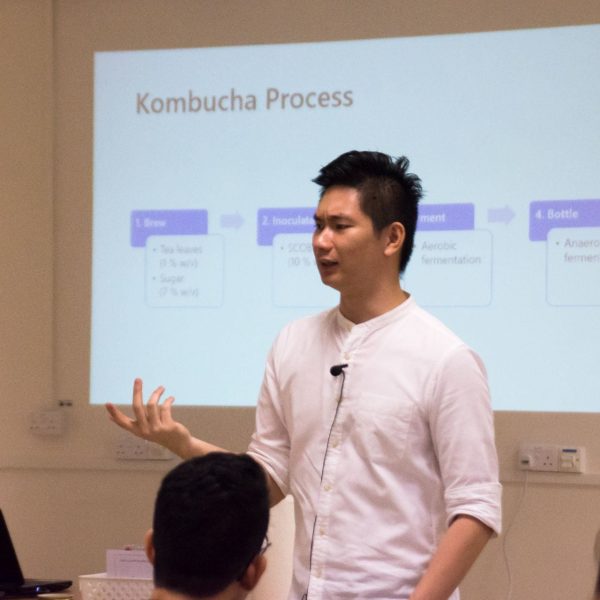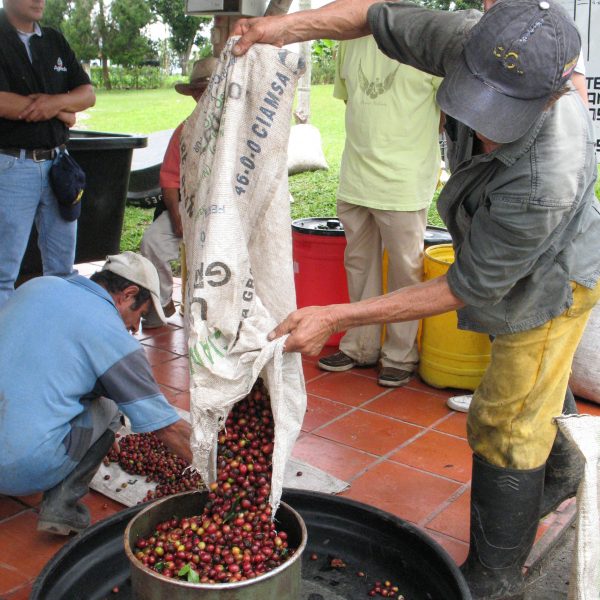Falling in love with sool with Dustin Wessa
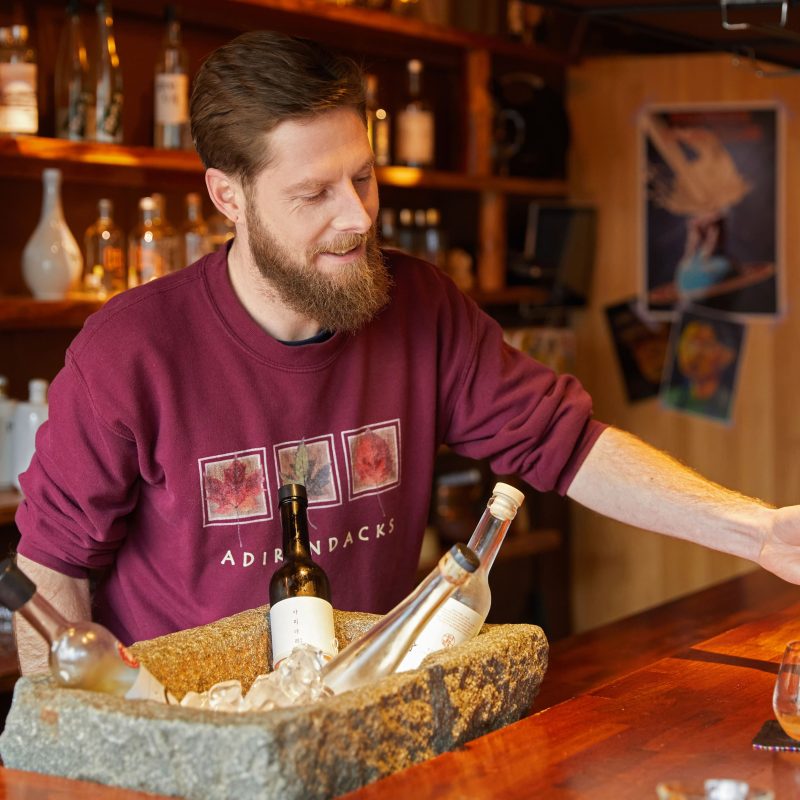
A millennia-old Korean tradition is on the verge of finally reaching worldwide spread: Canadian-born Dustin Wessa is playing a major role, with his efforts at Namsan Sool Club in Seoul
In the Namsan district of Seoul, Korea’s capital city, Dustin Wessa is busy behind the bar. Canadian born and Washington raised, Wessa is a voracious source of knowledge when it comes to his passion-turned-profession: sool. A combination of the Korean words ‘soo’ (water) and ‘bool’ (fire), sool is the term used to talk about traditional Korean alcoholic drinks. The catchall term’s origins come from the process of making such drinks; namely, the bubbling effect of fermentation when water is mixed with rice and nuruk (a common fermentation starter in Korea made of wheat, rice or barley).
None of this is news to Wessa. A former brewer and distiller, and more recently a certified sool sommelier (since 2018), Wessa moved to Seoul in 2005 as a 23-year-old student. His first few months were spent more on soaking in the local culture than learning the language of his new home: “For the first couple of semesters I didn’t do well on language tests, largely because I was going out with older Koreans every night.” (Ironically, though, spending this time with locals is how he eventually became fluent in Korean.)
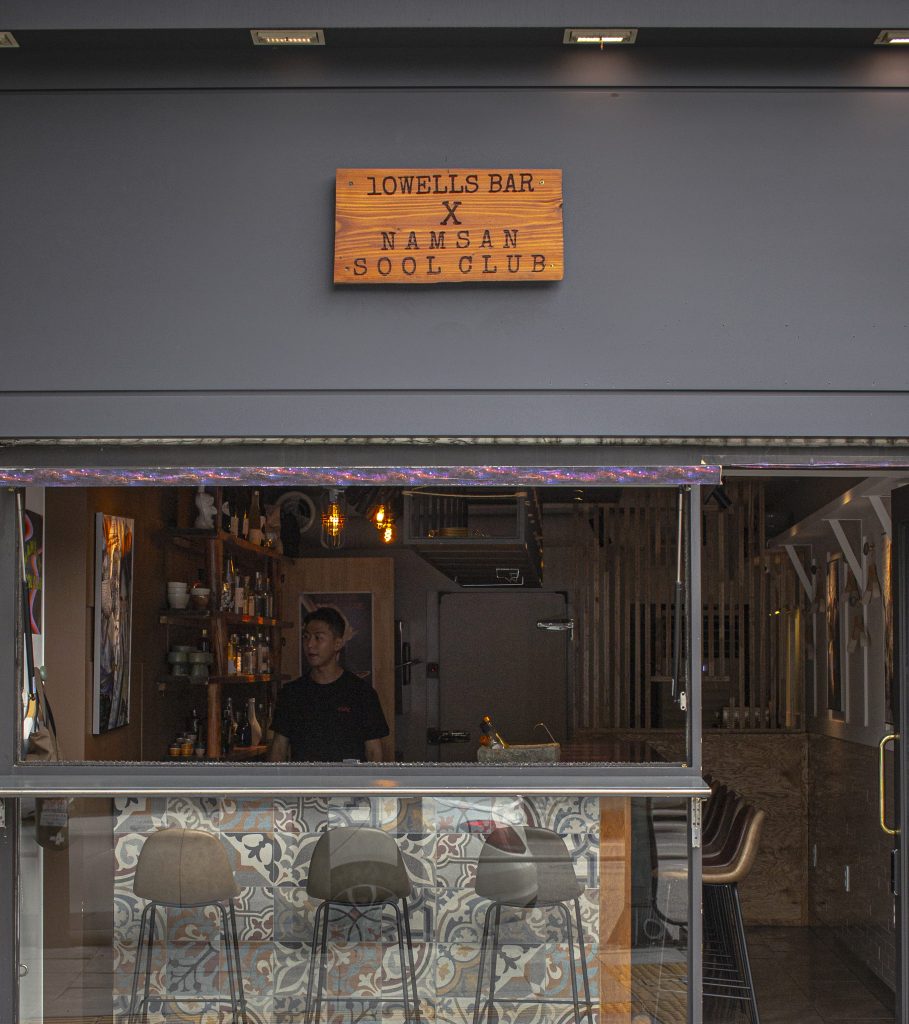
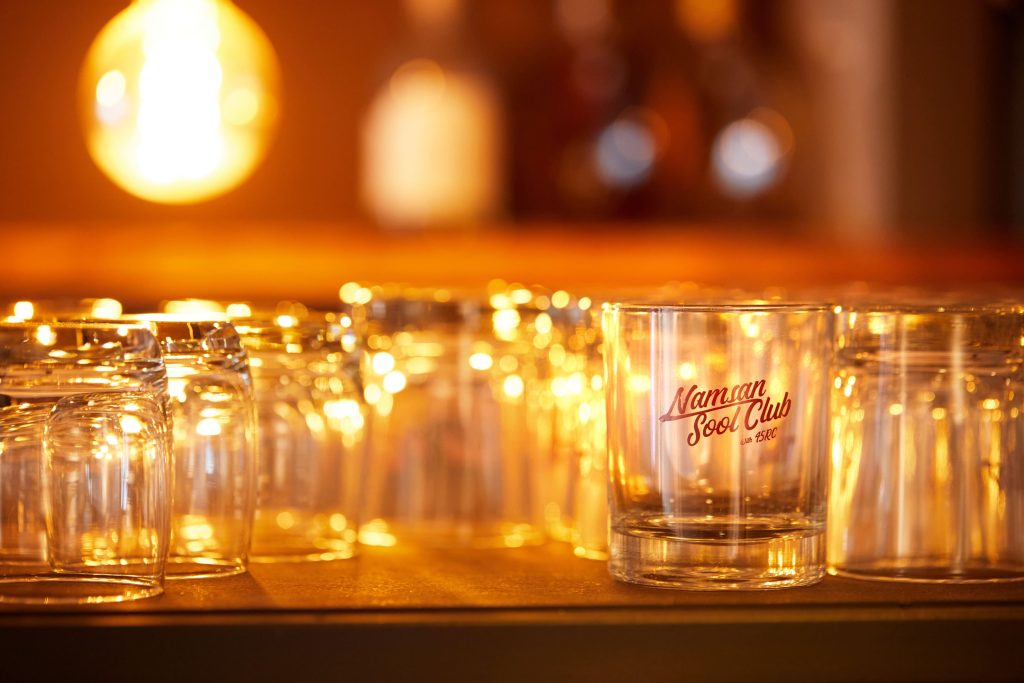
Where he really found his feet in his new home was through hospitality. He started in earnest investing his resources in local foraging, turning to grandmothers or other experienced individuals for guidance on local ingredients he was less that accustomed to. He started out as a cook, shaping his palate and flavour knowledge, before the role of sool sommelier came into play.
The chance came shortly after closing his first venue, a restaurant called Dandy Pink, and allowed Wessa to finally pursue his true calling: while he liked cooking, he often found himself running front of house, chatting with customers and contributing to the hospitality experience of his guests.
Then and now
As Wessa admits, when he decided to enter the sool industry, there didn’t seem to be an easily foreseeable future. But, things have thankfully changed over the last 10 years: “When I joined the class to become a sool sommelier, only seven people finished the course; while today you see eight-month waiting lists just to be part of it.” Between getting certified and now actually working as a sool sommelier, the journey still proves to be a whirlwind: “There are just so many aspects of sool that can be covered – from its history to the microbiology involved – that it needs consistency and dedication.”
His bar, Namsan Sool Club, which opened in 2022, is the physical manifestation of Wessa’s dedication to his craft. An easy-going bar, with a wooden L-shaped counter and a window that overlooks the street, it’s home to 100 premium sools by the glass. It’s a meticulously curated collection, constantly changing, and based on Wessa’s research. Guests describe the type of profile they want (fruity, acidic, aromatic) and it’s on Wessa to figure out which sooll suits them best.
“When I joined the class to become a sool sommelier, only seven people finished the course; while today you see eight-month waiting lists just to be part of it.”
Namsan Sool Club’s Instagram bio has its mission statement as ‘Pushing better sool’, something that Wessa is clearly a huge advocate of: “With the amount of time and effort I put in the industry, it’s my responsibility to have at my disposal a selection that will never disappoint a guest. I have my hand on the heartbeat of sool – why would I water it down by cutting costs, looking for shortcuts, or serving mass-produced bottles?”
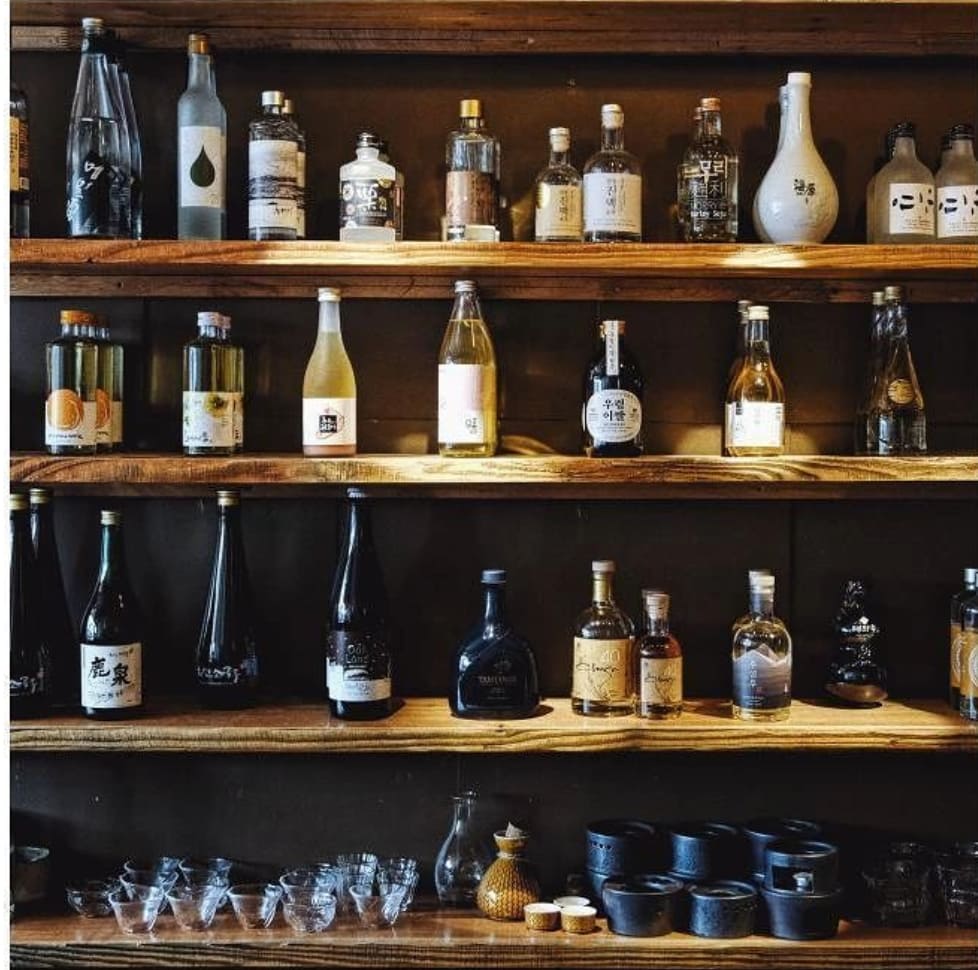
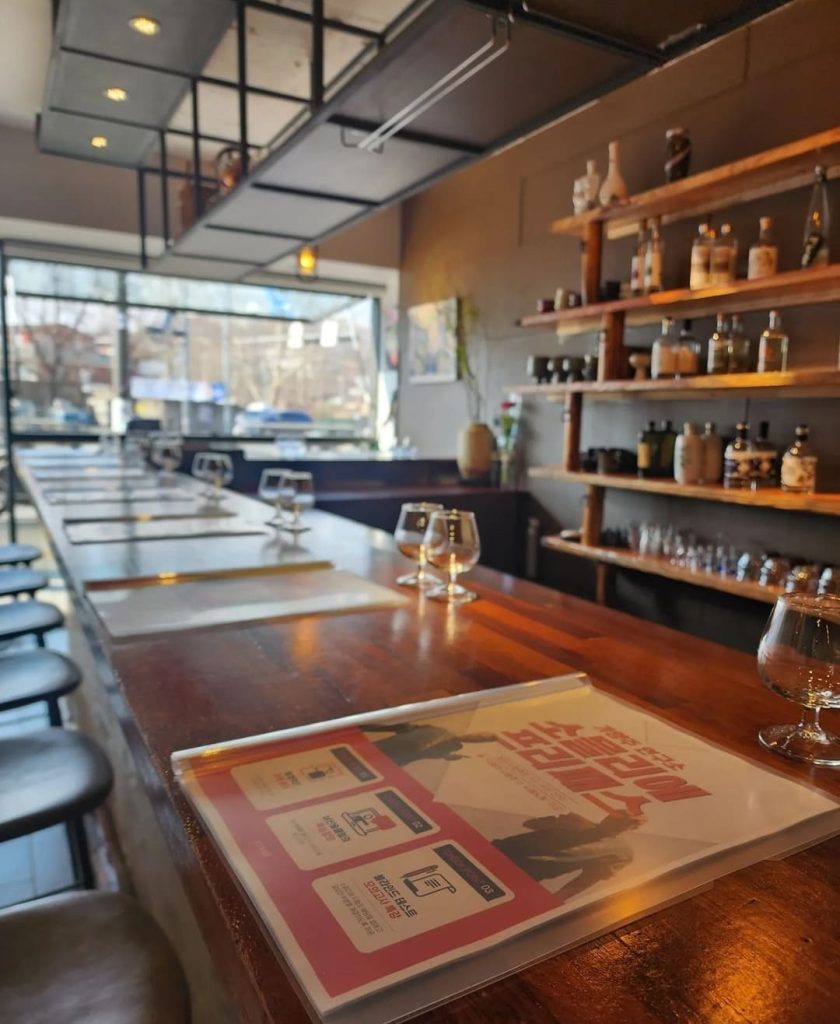
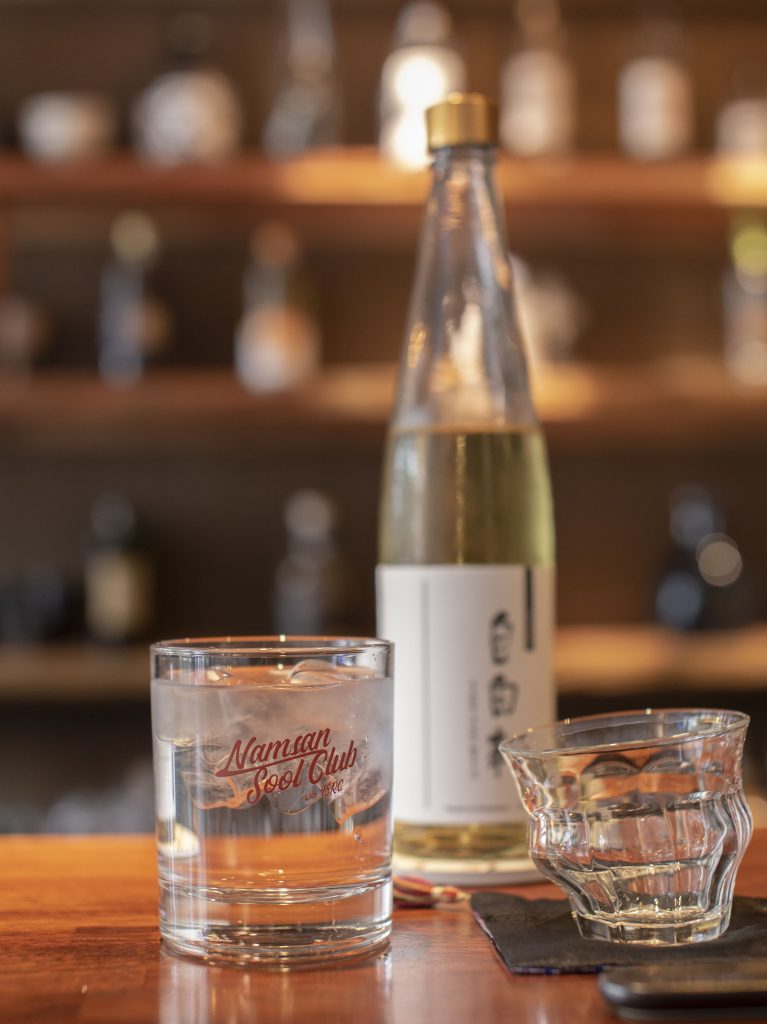
Education is key
Relying on a strong team at the Club, Wessa is involved in sool education all over the world, with seminars, articles, tasting reviews and more. While still very much a local industry, high-quality sools are starting to be made in more international markets: Wessa cites Hana Magkeolli in Brooklyn, as well as Vancouver Magkeolli as two interesting brands to look out for interesting ones. It’s an exciting time to start learning about the category, he says: “People look for education about it, scrolling through Youtube videos. It’s a good moment to get into sool, considering the quality of production nowadays… It’s easier to begin your path now, but I haven’t seen anything too deep in terms of teaching the brewing science and all the details related to sool elsewhere than here.” Hs main suggestion for learning about sool? Jump on a plane to Korea.
“Finding your type of sool means finding out something about yourself: you chase yourself in a sip.”
How sool is being drunk is changing too. While drinking has always played a role in local Korean society, younger generations are drinking for different reasons than their ancestors. According to Wessa, while older generations would reach for a bottle of soju after 18 hour-long workdays, drinking today is more of an opportunity for Koreans to discover what they like, while still engaging with their culture: “Finding your type of sool means finding out something about yourself: you chase yourself in a sip.”
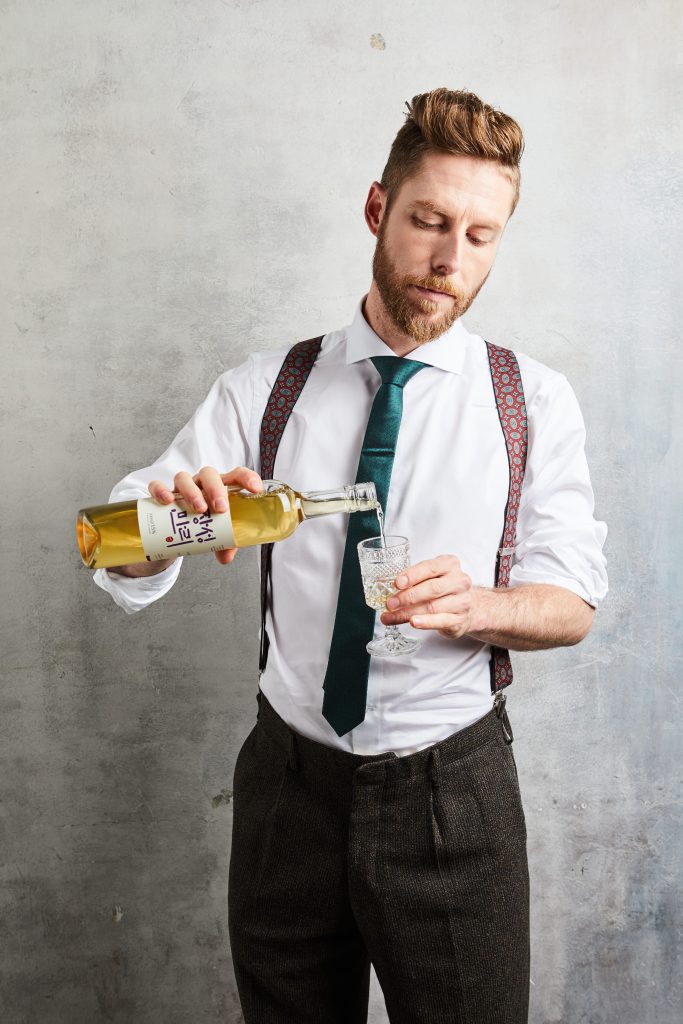

How is sool evolving?
Flavour-wise the category is morphing too: from vanilla and banana nuances, which have been very desirable for the last couple of decades, to more experimental notes of mango and passionfruit created by new producers. The market is also expanding, following the noise of makgeolli, chengju and soju (the latter being the best-selling alcoholic beverage in the country, with beer coming second).
“A soon as one of them [producers] reaches the edge, the other ones below pull it back down. We need to work on a healthier competition.”
Good news for Wessa, but nurturing a healthy network among sool’s many players is proving difficult. Wessa uses a vivid metaphor: a cast of crabs in a bucket. “They start climbing on top of each other to get out of the bucket, but as soon as one of them reaches the edge, the other ones below pull it back down. We need to work on a healthier competition.”
With a magnitude of players and a flavour-focused generation ready to explore them, sools are undeniably sources of inspiration for bartenders looking to expand their Korean spirit wheelhouse. And a trip to Namsan Sool Club could just be the place to start.

